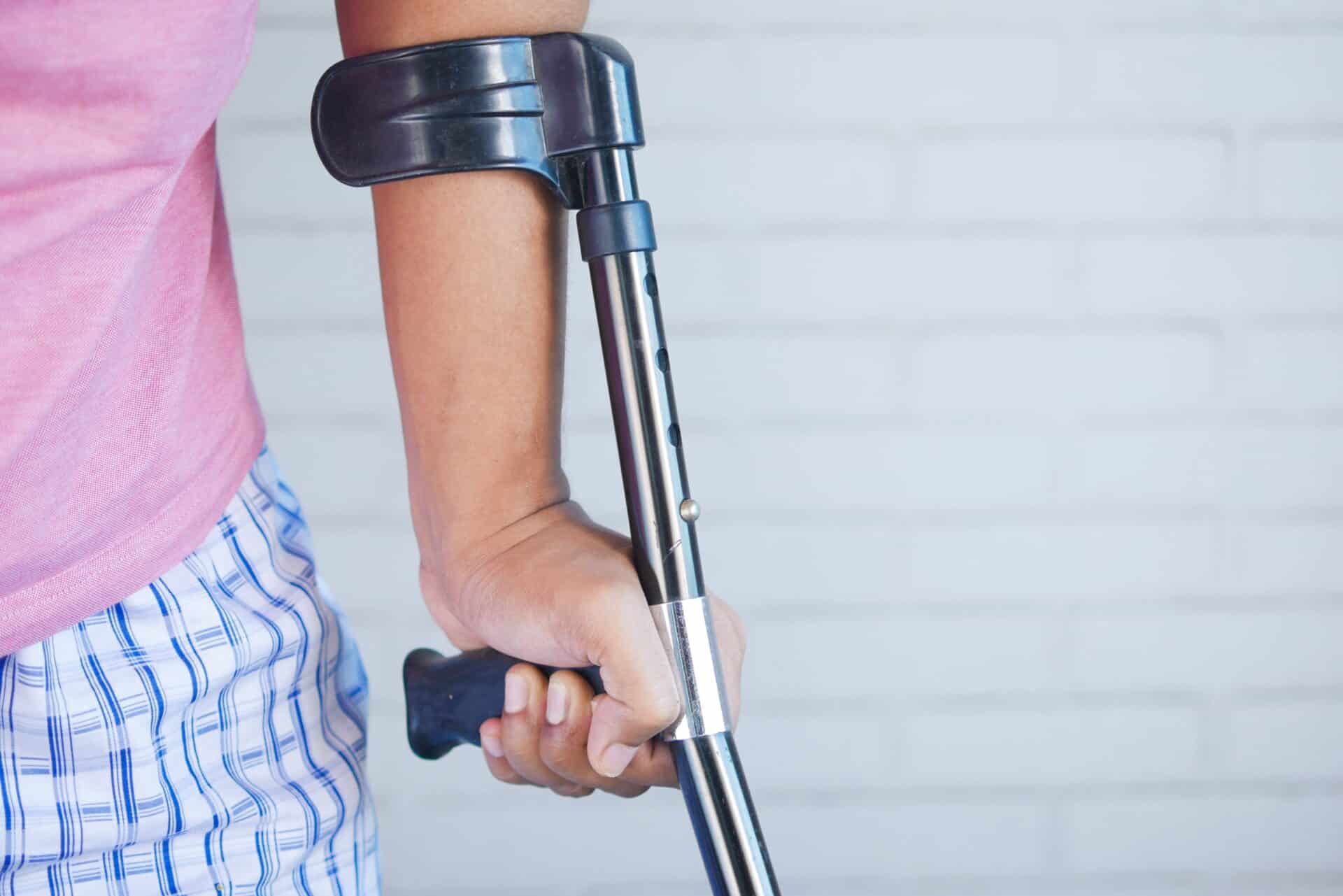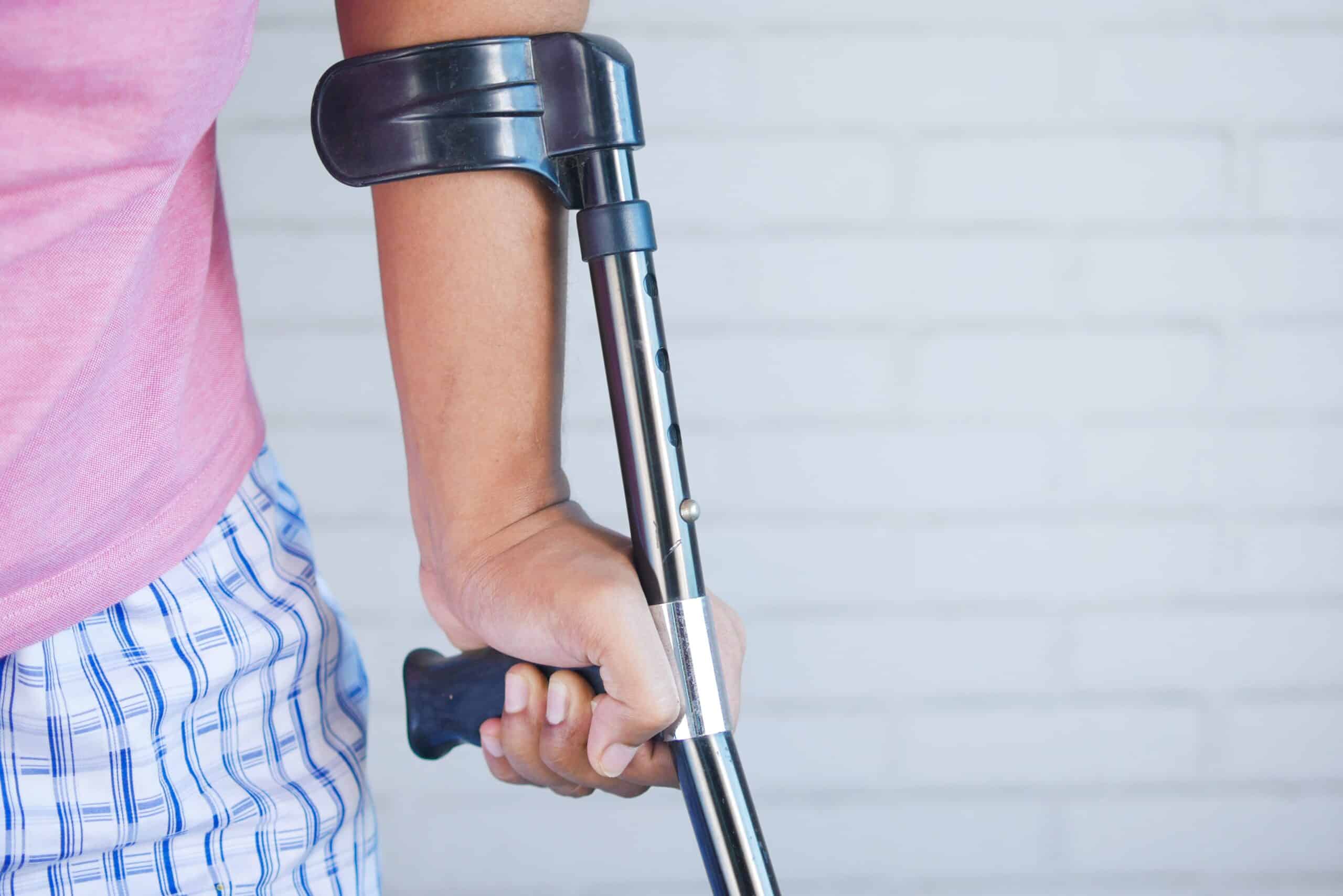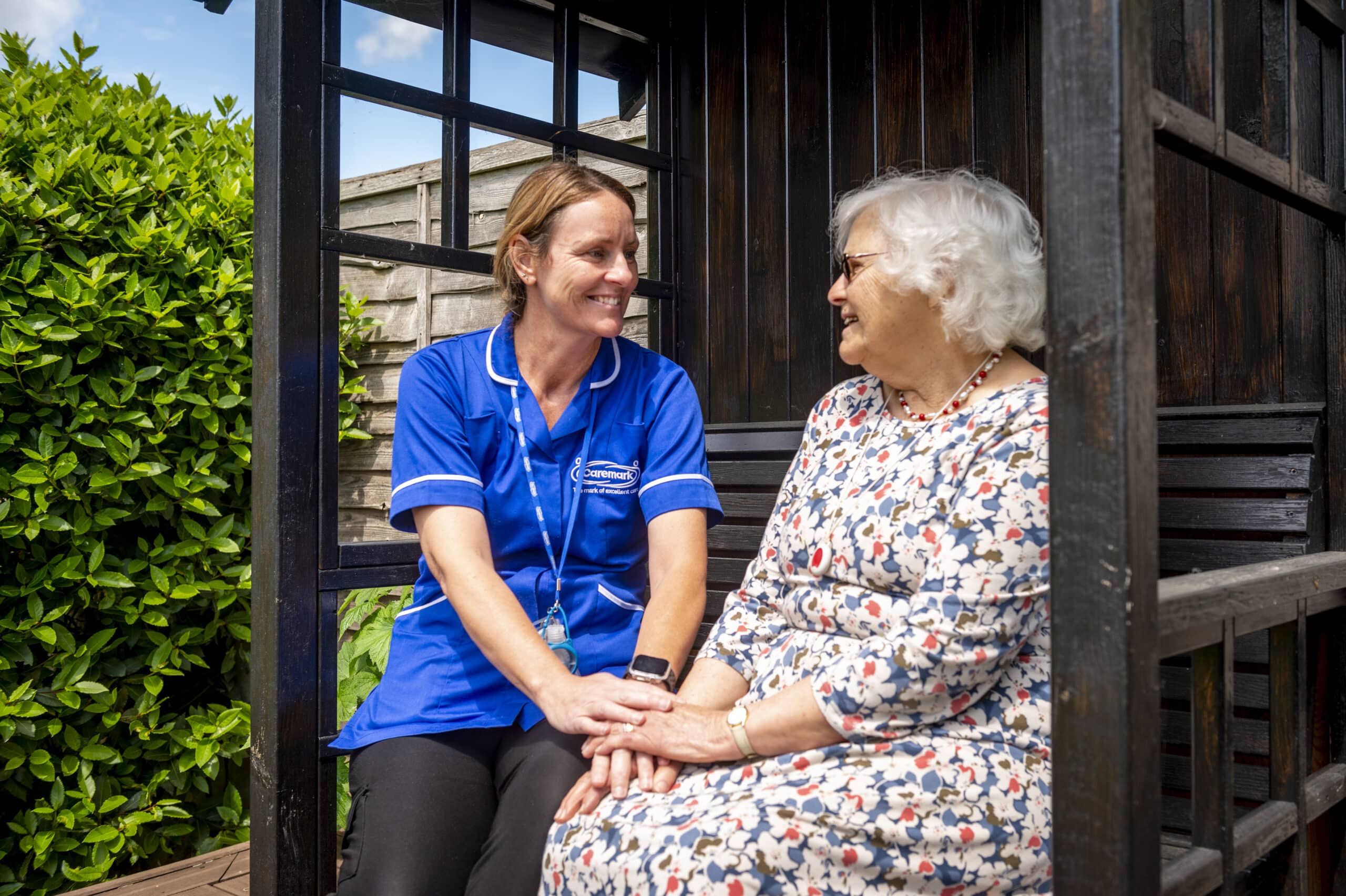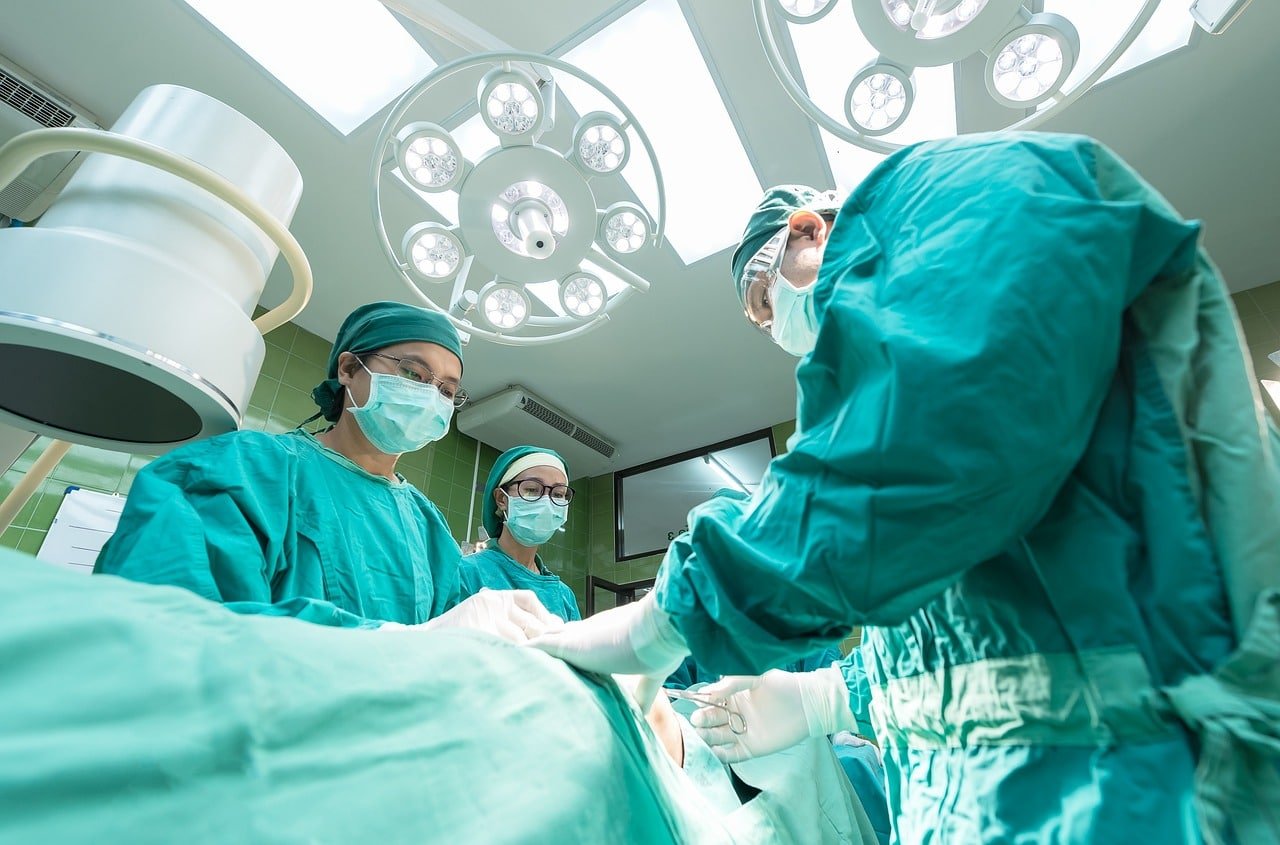Essential Care Tips After Knee Replacement

Undergoing knee replacement surgery is a significant step towards improving your quality of life. However, the journey to full recovery requires diligent care after knee replacement. This blog post outlines crucial care strategies to ensure a successful recovery.

Understanding Knee Replacement Recovery
Knee replacement surgery, also known as knee arthroplasty, involves replacing a damaged or diseased knee with an artificial joint. The success of the surgery largely depends on the post-operative care. Understanding what to expect and how to care for your new knee is essential for a smooth recovery.
Immediate Post-Operative Care
Pain Management
Effective pain management is crucial in the immediate days following surgery. Pain relief methods may include medications, ice packs, and elevation of the leg to reduce swelling. It’s important to follow your surgeon’s instructions regarding pain management to ensure comfort and aid healing.
Preventing Infection and Complications
- Keep the surgical wound clean and dry.
- Monitor for signs of infection, such as redness, swelling, or unusual discharge.
- Follow your doctor’s advice on wound care and when it’s safe to shower or bathe.
Mobilisation and Physical Therapy
Early mobilisation is key to a successful recovery. Physical therapy usually begins a day after surgery. The goals are to improve knee strength, flexibility, and range of motion. Consistency in physical therapy is critical for regaining mobility.

Long-Term Care and Rehabilitation
After the initial recovery phase, focus shifts to long-term rehabilitation. This involves a combination of physical therapy, lifestyle changes, and ongoing monitoring of the knee joint.
Continued Physical Therapy
Continuing with physical therapy exercises at home is essential. These exercises help in strengthening the muscles around the knee and improving joint function.
Lifestyle Adjustments
- Maintaining a healthy weight to reduce stress on the knee joint.
- Incorporating low-impact exercises, such as swimming or cycling, into your routine.
- Avoiding high-impact activities that may strain the knee.
Regular Follow-Up Appointments
Regular check-ups with your orthopaedic surgeon are crucial for monitoring the progress of your recovery. These appointments are an opportunity to discuss any concerns and adjust your care plan as needed.
Managing Long-Term Expectations
Understanding what to expect in the long term is important. Most people experience a significant improvement in pain and mobility post-surgery. However, it’s important to have realistic expectations and to understand that full recovery may take several months.
According to the National Health Service (NHS) UK, most people can resume normal daily activities within 6 weeks, but it might take up to 3 months to feel a lot better.
Enhancing Recovery with Nutritional Support
Adequate nutrition plays a pivotal role in healing after a knee replacement. The body requires additional nutrients to repair tissues, reduce inflammation, and regain strength.
Balanced Diet for Healing
A balanced diet rich in vitamins, minerals, and protein is essential. Protein aids in tissue repair, while vitamins and minerals can help reduce inflammation and promote bone health. Incorporating a variety of fruits, vegetables, lean proteins, and whole grains is recommended.
Hydration and Bone Health
Staying hydrated is equally important. Adequate fluid intake supports overall health and helps in the efficient functioning of the body during the recovery process. Calcium and vitamin D are critical for bone health, so including sources of these nutrients in your diet can be beneficial.

Emotional Wellbeing and Support
Recovering from knee replacement surgery isn’t just a physical challenge; it also has an emotional aspect. It’s crucial to address these for holistic healing.
The Role of Emotional Support
Having a supportive network of family and friends can make a significant difference in recovery. They can assist with daily tasks and provide emotional support, reducing feelings of isolation or frustration that may arise during the recovery process.
Mental Health Considerations
It’s not uncommon to experience feelings of anxiety or depression post-surgery. If these feelings persist, it’s important to seek professional help. Mental health is as crucial as physical health in the recovery journey.
Incorporating Assistive Devices in Daily Life
After knee replacement, certain assistive devices can aid in mobility and reduce the risk of falls.
Using Walkers and Canes
Initially, walkers or canes may be necessary to help with walking. They provide support and stability as you regain strength and balance in your knee.
Home Modifications
Modifying your home environment can also enhance safety and comfort. This includes installing handrails in bathrooms, using a shower chair, and ensuring clear pathways to navigate easily.
FAQs
Key tips for preventing complications include keeping the surgical area clean and dry, adhering to prescribed medication regimens, and engaging in regular physical therapy exercises. It’s also important to monitor for signs of infection or unusual pain. Maintaining a healthy lifestyle, including a balanced diet and avoiding smoking, can further aid in preventing complications. For more detailed guidance, the Arthritis Foundation provides comprehensive information on post-surgery care.
Full recovery from a knee replacement can vary, but most individuals can return to normal daily activities within 6 to 12 weeks post-surgery. However, complete recovery, involving regaining full strength and range of motion, may take up to a year. It’s important to follow your healthcare provider’s advice and not rush the recovery process. The NHS UK offers a detailed timeline for knee replacement recovery.
Returning to high-impact sports or activities after a knee replacement requires caution. It’s generally advised to avoid high-impact activities that put excessive stress on the knee joint. Low-impact exercises like swimming, cycling, or walking are usually more suitable. However, individual circumstances vary, so it’s important to consult with your healthcare provider before resuming any sports or strenuous activities.